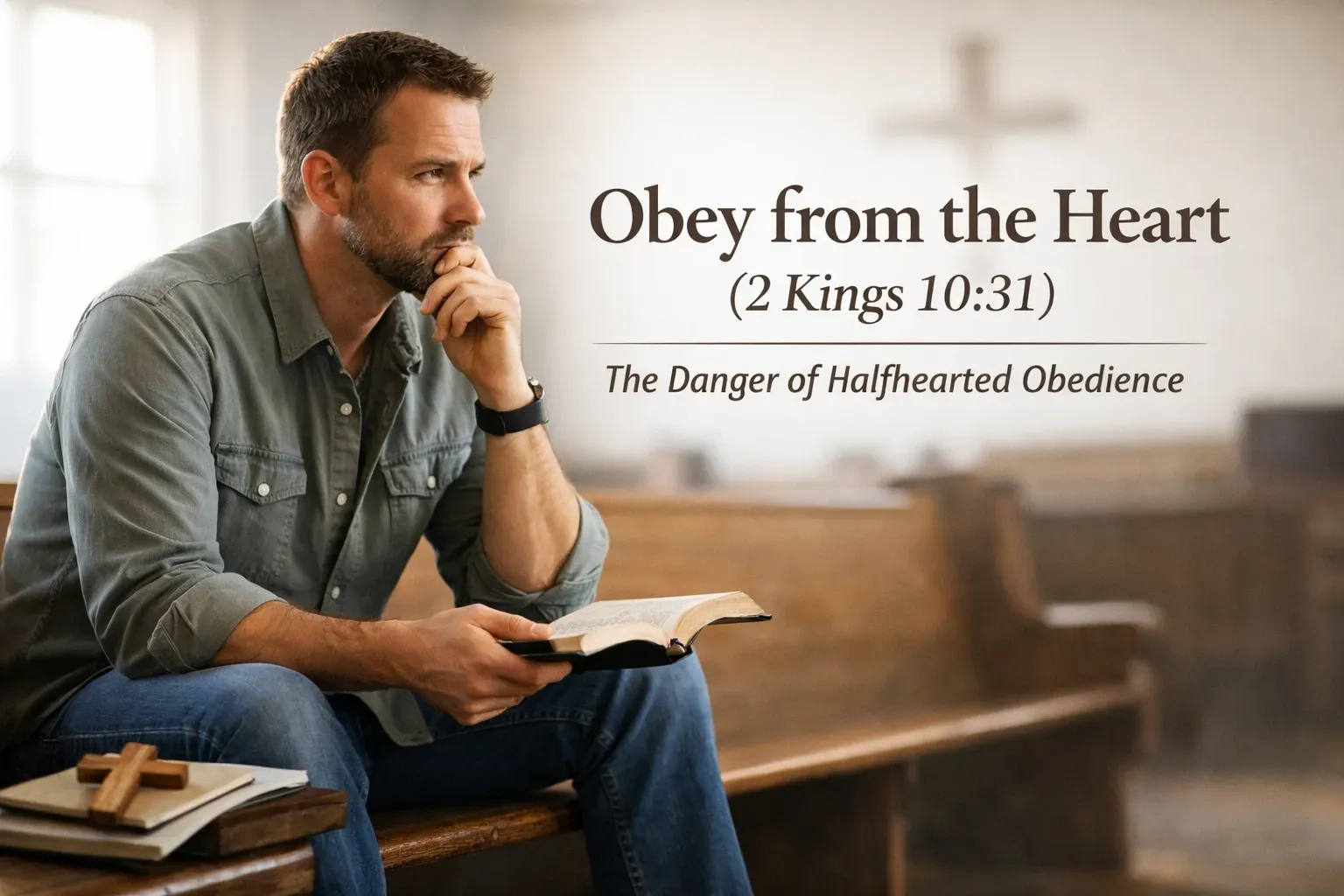Here lies the bottom and root of all contentment: When there is an evenness and proportion between our hearts and our circumstances.
Today's gleanings

This miraculous protection is the result of appropriating the power of God. The Holy Spirit who indwells the believer is the power of God. He is “greater” than Satan and his hosts who are “in the world” (1 John 4:4), and he effects victory in the believer on the basis of the believer’s faith in what he is in Christ. Believers who do not know what they are in Christ and so do not count on that position do not enjoy automatic protection from demonic despoilment and intrusion.
Merrill Frederick Unger,
What Demons Can Do to Saints (Chicago, IL: Moody Publishers, 1991), 79–80.
**********************
Accordingly, Scripture clearly reveals that the believer is absolutely protected from Satan and demons in his position before God in Christ by virtue of the “so great salvation” he enjoys (Hebrews 2:3). However, as far as his experience is concerned, protection against demonic attack is only in proportion to what the believer knows and believes to be his position, in this way making it realizable in his experience (Romans 6:11). This is simply saying that victory over Satan and demons, like victory over the world and sin itself, is by faith—that is, by believing we are what we are in Christ and resting in what Christ has done in redeeming us (1 John 5:4).
Merrill Frederick Unger,
What Demons Can Do to Saints (Chicago, IL: Moody Publishers, 1991), 81.
**********************
It is quite obvious that a Christian indwelt by the Holy Spirit may not necessarily be controlled by Him. If the believer is not controlled by the Spirit, he will be dominated by the flesh. The works of the flesh (Galatians 5:19–21) show a close affinity with the powers of darkness. Satan and demons operate through the flesh to the degree that it is not reckoned dead, and to that degree they gain control of the life through the old nature (cf. Ephesians 2:2).
Merrill Frederick Unger,
What Demons Can Do to Saints (Chicago, IL: Moody Publishers, 1991), 83.
**********************
There seems to be the possibility that God will allow a believer to undergo a period of demonic invasion to cure him of pride, arrogance, or some other sin that violates his Christian testimony and brings reproach upon the Lord’s name and Christ’s salvation.2
2 Kurt Koch and Alfred Lechler, Occult Bondage and Deliverance, p. 69.
Merrill Frederick Unger,
What Demons Can Do to Saints (Chicago, IL: Moody Publishers, 1991), 85.
**********************
A life marked by daily answers to prayer is the proof of spiritual maturity: that we have indeed attained to the true abiding in Christ; that our will is truly at one with God’s will; that our faith has grown strong to see and take what God has prepared for us; that the name of Christ and His nature have taken full possession of us; and that we have been found fit to take a place among those whom God admits to His counsels and according to whose prayer He rules the world. These are they in whom something of man’s original dignity has been restored, in whom, as they abide in Christ, His power as the all-prevailing Intercessor can manifest itself, in whom the glory of His name is shown forth. Prayer is very blessed; the answer is even more blessed, as the response from the Father that our prayer, our faith, our will are indeed as He would want them to be.
Andrew Murray,
Teach Me to Pray (Grand Rapids, MI: Bethany House, 2002).
**********************
suffering is having what you don’t want and wanting what you don’t have? Subtract your wants and you’ll have contentment.
**********************
“Here lies the bottom and root of all contentment: When there is an evenness and proportion between our hearts and our circumstances.”
**********************
Gaining contentment does not mean losing sorrow or saying good-bye to discomfort. Contentment means sacrificing itchy cravings to gain a settled soul. You give up one thing for another. It’s hard. Hard, but sweet. You are “sorrowful, yet always rejoicing.” You “have nothing, yet possess everything.” First Timothy 6:6 says, “Godliness with contentment is great gain” and the gain always comes through loss.
**********************
The world has a philosophy that says, “What can’t be cured must be endured.” Christians have a philosophy that says, “What can’t be cured can be enjoyed.”
**********************
The enemy of contentment is worry.
Joni Eareckson Tada,
When God Weeps: Why Our Sufferings Matter to the Almighty (Grand Rapids, MI: Zondervan, 2010).
**********************
Almighty means “having an infinite and absolute plenitude of power.” When you use the words infinite and absolute you can only be talking about one person—God.
A. W. Tozer and David E. Fessenden, The Attributes of God: Deeper into the Father’s Heart, vol. 2 (Camp Hill, PA: WingSpread, 2001–), 72.











